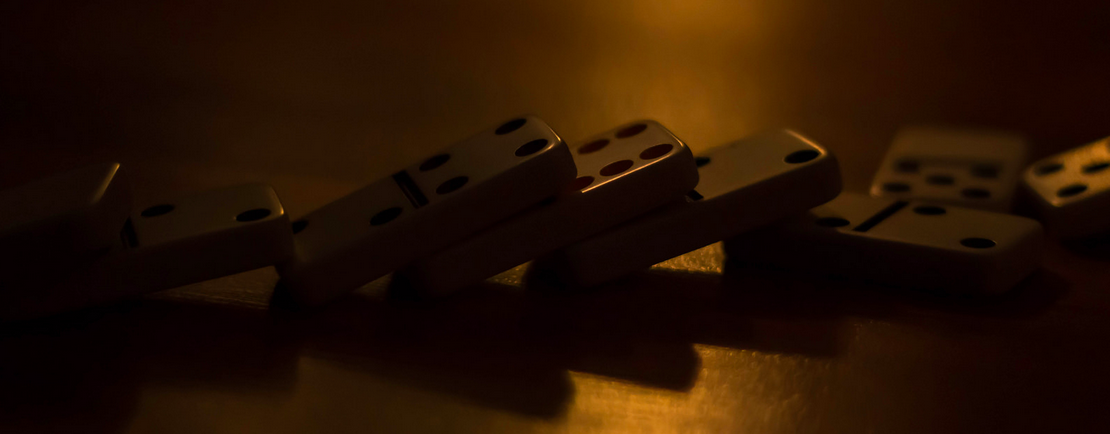HAYLEY ROSS | STAFF COLUMNIST
Let’s be real.
All of you reading this have done something in your lifetime that you probably shouldn’t have. Whether it was something small, like taking money from your brother’s piggy bank, or something a bit bigger like cheating on your significant other, the fear of what is to come is more or less the same.
The same questions filter through your mind, wondering whether you are going to get caught or if you can live with the guilt this endeavor has caused, yet the looming thought that is nerve wracking and almost always present, is the possibility that this bad deed is going to cause something even worse to happen to you.
That although you may think you got away with it, what you did is going to bite you in the a** and that your friends are going to taunt you with the word that makes it all not worth it.
No one, myself included, wants to hear the word karma. Especially if you know they’re right.
There are a few exceptions, for example, if you are talking about it in a positive light. Say you held the door open for someone and found a dollar a few hours later. Then it can be said that you had good karma. That karma would be a reward and not a punishment.
However, when you fall and break your phone right after you hung up on your parents during their infamous “you need to go to bed earlier” lecture, it’s hard not to feel like the world is out to get you and that the godly spirits rained down karmic energy on your ass.
An article in Psychology Today, titled “What is Karma and Why Should It Matter to Us?,” spoke about the the importance of intention in relation to karma. The Buddhist term derived from Sanskrit literally means “action;” yet Buddha himself stressed the importance of the intent behind an action: “Intention, I tell you, is karma. Intending, one does karma by way of body, speech, and intellect.” (AN 6.63)
This gives me a little piece of mind. I often have good intentions and extremely poor execution.
Still, it is hard to decide whether or not to believe in karma. It could very well just be our conscience telling us we deserve this little bad thing to happen because of what bad deed we have committed.
The reality though is that karma doesn’t always work, which is why we tend to question it. Bad things happen to good people all the time, and good things happen to bad people. If karma always worked the way it should, then my professors’ laptops would be broken from all the work they gave me during Labor Day weekend.
Some — many Buddhists and Hindus — believe that karma affects you in the afterlife as well, and what good or bad deeds you have committed will follow you after death.
To me, that sounds pretty tragic. Having to wait another 70 years (I’m going to live a really long time I’ve decided) before karma strikes me for taking my friend’s fruit snacks is way too much anxiety.
I’d much rather run into the door now and get it over with.
Imagine every bad thing you have ever done all waiting for you on the other side. Definitely not a comforting thought.
So, should we believe in it? Should we continue living in fear of it?
I don’t really have an absolute answer to that question, but if it makes you second- guess doing something wrong—due to fearing the wrath of karma—then it wouldn’t be the most horrible thing to be true.
Also, I wouldn’t want to piss karma off — she’s a bitch.

